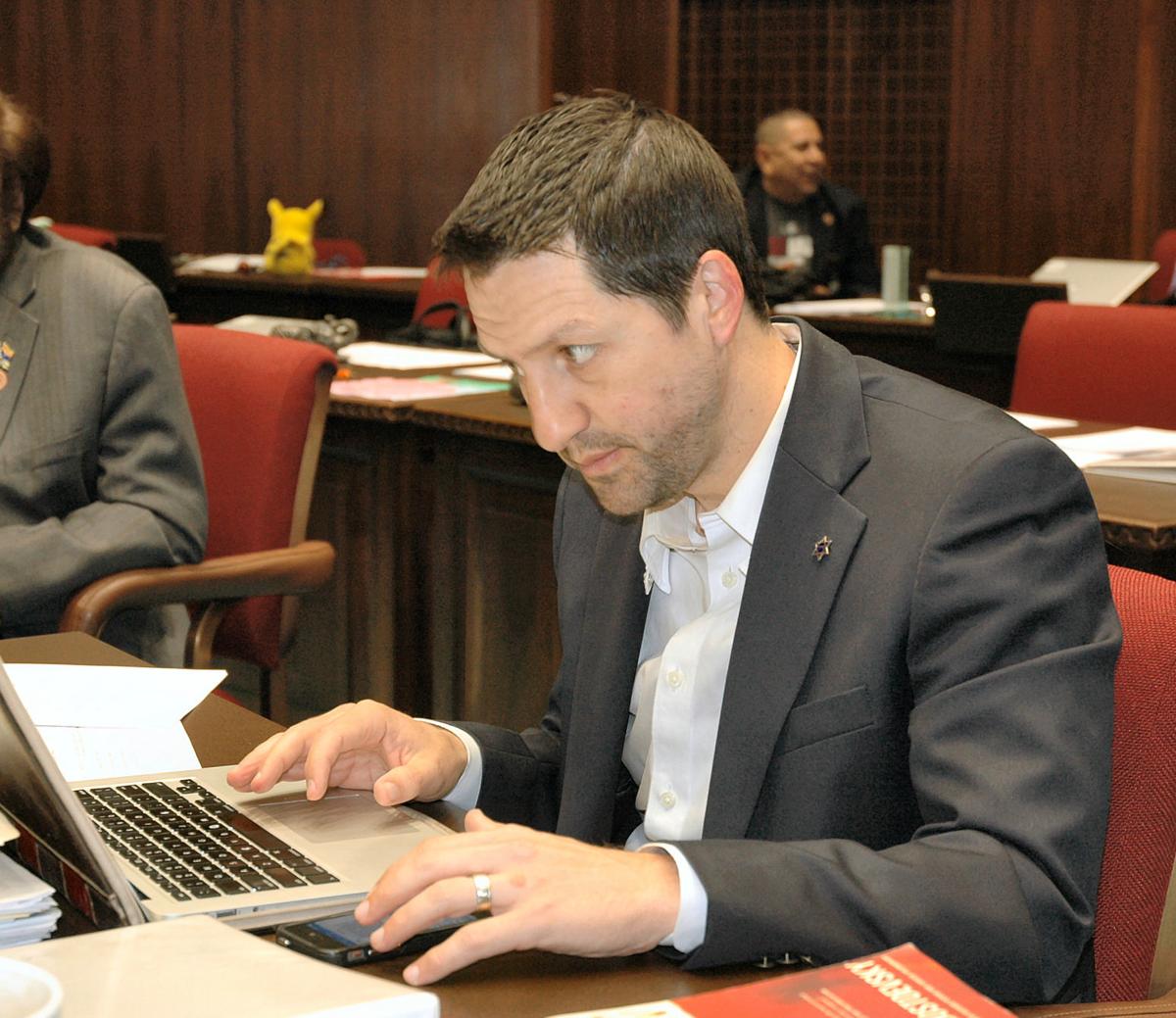By Howard Fischer
PHOENIX — Victims of child rape and sexual abuse won’t get more time to sue their assailants, at least not this year.
Rep. Regina Cobb, R-Kingman, refused to allow a vote on the measure Thursday in the Senate Appropriations Committee that she chairs.
Cobb said she has no problem with expanding the law that now requires victims to file suit within two years of turning 18. SB 1011 would have expanded that to 12 years, meaning when someone turns 30.
But Cobb said she could not support a provision in the bill designed to provide some legal relief for those who were molested years ago but whose time to file suit under Arizona law has long since expired.
The proposal by Sen. Paul Boyer, R-Phoenix, also would have provided a two-year window to bring all these old cases to court. That would have opened the door for victims of past child abuse to file new lawsuits, even if the incident had occurred decades earlier.
But the failure of the issue to advance can’t be blamed strictly on Cobb.
Sen. Eddie Farnsworth, R-Gilbert, said he was willing to hear Boyer’s measure in the Senate Judiciary Committee. But Farnsworth said he would not consider any version of the legislation that would open a new two-year window to file lawsuits on prior cases.
Boyer found that unacceptable and sought to make an end-run around Farnsworth by having the measure heard Thursday in Cobb’s committee. Cobb agreed to allow testimony from Boyer as well as victims and advocates — but no vote.
What makes Cobb’s action so crucial is that this is the last committee hearing of the session. And Boyer, who has been championing the issue for years, cannot get the bill to the full House or Senate — where he claims he has the votes — if he can’t get it out of a committee.
The problem, said Boyer, is that Arizona has a two-year statute of limitations to file civil claims of rape and sexual abuse.
That clock does not start running until the victim turns 18. But Boyer said that is insufficient time for someone who has been groomed by a predator to actually realize that it was not their fault and how they had been harmed.
Jeff Dion, who said he was a victim of child sex abuse, said that’s exactly the case.
“I did not recognize what happened to me counted as abuse until I was in law school,” he told lawmakers. “I was in my mid-30s before I recognized how that abuse had harmed me and what the impact had been on my life.”
And Dion, a lawyer, said the legislation isn’t simply about getting compensation and justice for victims. He said such lawsuits are the only way of shining a light on those who committed abuse and putting a halt to their activities.
“We know that, even if it takes someone 30 years to disclose the abuse, when their perpetrator is still alive, they’re often still molesting kids,” he said.
Gregory Kelly, now a Gilbert resident, told lawmakers how he was able to use a more expansive law in Delaware “to expose a serial pedophile who had gone undetected for decades.”
He and his brother, 12 and 11 at the time, were abused over a three-night period by a man who was a lifelong friend of the family. But he said the shock of it all prevented him from disclosing what had happened until he was an adult.
It was only later that he discovered the Delaware law allowing for late-filed lawsuits.
He said the publicity around his case brought out dozens of other victims who were willing to testify, resulting in the suspect — a judge — admitting to the incidents.
Boyer said the requirement to file lawsuits by someone’s 20th birthday is the lowest of any surrounding state.
There is some debate about whether to increase that to when someone turns 25 or 30. The issue, said Farnsworth, is allowing those who say they were prior victims of abuse to file suit now, no matter how long along the abuse was.
“We’re not talking about five years later,” Farnsworth said. “We’re talking about potentially 30, 40, 50 years later.”





